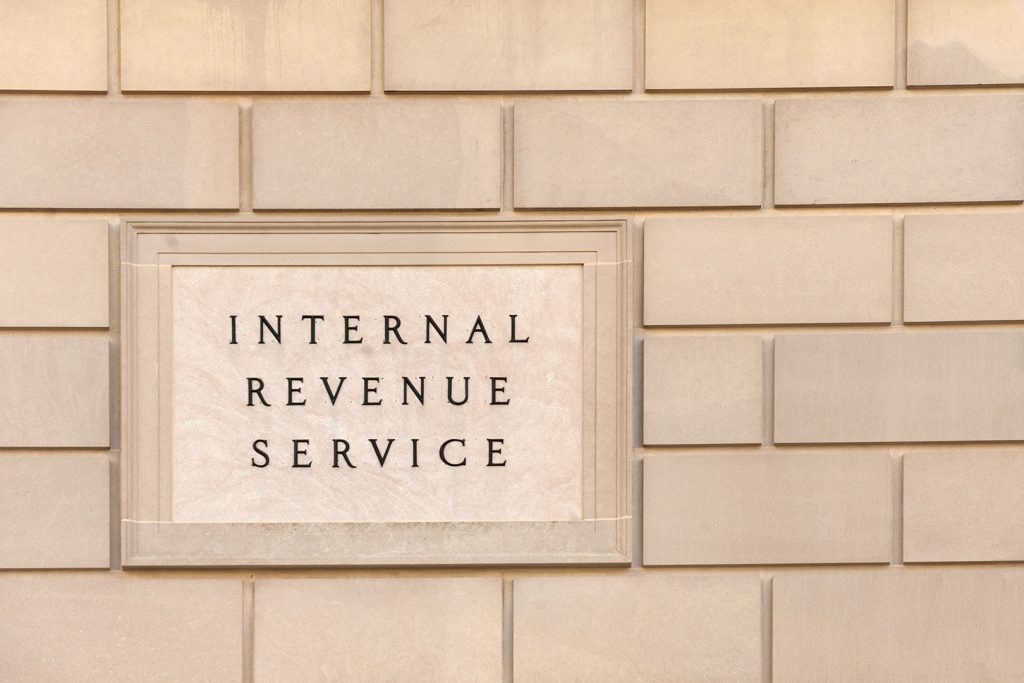
In 2001, the conservative anti-tax activist Grover Norquist said, “I don’t want to abolish government. I simply want to reduce it to the size where I can drag it to the bathroom and drown it in the bathtub.”
It wasn’t an idle boast.
Conservative Republicans – and these days, there are very few Republicans who aren’t conservative – have spent the 25 years or so since Newt Gingrich led a GOP takeover of the House of Representatives in 1994 looking for ways to undermine the very foundations of the federal government. One of their most effective methods has been to attack the government’s ability to bring in the revenue it needs to fund programs and services.
An exceptional, deeply reported story by the investigative reporting outfit ProPublica entitled “How The IRS Was Gutted” details the extent to which the Internal Revenue Service has been starved of funds and repeatedly attacked and demonized by Republican politicians. In doing so, Republicans have made it more difficult for the IRS to investigate tax cheats and cost the government billions in revenues.
Severe Budget Cuts
The ProPublica report begins with this basic finding: since 2010, the IRS’ budget has declined from $14 billion to $12 billion, using inflation-adjusted 2018 dollars.
2010, of course, was when Republicans swept to control of the House on the backs of an anti-tax “Tea Party” wave. From the moment Republicans took control of the chamber, they moved to slash the agency’s funding, originally proposing a budget that would have cut $600 million from the agency’s budget.
They didn’t get the immediate cut, but Republicans ended up winning the war over IRS funding. The Obama Administration agreed to the $600 million cut as part of a larger budget deal in 2013. And in December 2014, the agency’s budget was cut by an additional $350 million.
According to ProPublica, the IRS has had to reduce its number of auditors by nearly one-third since 2010.
Misleading Demonization
The IRS was also rocked by two scandals in 2013: reports of wild agency spending on conferences and, even more importantly, claims that the IRS unfairly targeted conservative organizations
It’s hard to overstate the centrality of the latter scandal to conservative thought. Republicans of all stripes were outraged in 2013 when it was revealed that the IRS had targeted for additional scrutiny non-profit groups whose organizations included words like “Tea Party” and “patriot.”
But while the IRS admitted the additional scrutiny was improper and apologized to conservative groups, a little-noticed 2017 report from the Treasury Department’s inspector general found that the IRS had similarly targeted progressive groups from 2004-2013. Essentially, the IRS was desperate to find some way of determining whether non-profit groups were engaged in the kind of work that qualifies them for that status and settled on some unfortunate shortcuts as part of that effort.
However, Republicans used the original controversy as both a campaign issue and a rationale for cutting the agency’s budget. One anonymous GOP staffer admitted to ProPublica that the 2013-2014 cuts were “punishment.”
Lost Revenue
These cuts have had real, meaningful impacts on the federal budget.
According to ProPublica, the IRS conducted 675,000 fewer audits in 2010 than it did in 2017. Investigations of citizens who don’t even bother filing taxes have fallen from 2.4 million in 2011 to 362,000 last year. And in 2017, $8.7 billion in existing tax obligations expired (under federal law, these obligations expire after 10 years if the IRS doesn’t pursue them).
ProPublica estimates that the budget cuts have resulted in a loss of $18 billion in revenue every year, though it says the number might be much higher. And agency officials warn that if Americans become aware of the weakness of the IRS, tax cheating could skyrocket, costing the government tens of billions of additional dollars.
A Lopsided Political Dynamic
The IRS’ political problem is simple. On the one hand, Republican politicians have no compunction about skewering the agency. Attacking the IRS is popular with the conservative base, and preventing the government from collecting needed revenues plays into the conservative movement’s long-term goals.
On the other hand, while Democrats might decry Republican demonization of the IRS, few are willing to actively stand up to defend the agency, and Democratic presidents are reluctant to spend political capital fighting for tax collectors. Democrats who came of age in the 80’s and 90’s are intensely wary of being smeared as tax and spend liberals and step carefully when it comes to tax law.
Moving forward, however, Democrats might have no choice but to fight for the IRS. The Democratic presidential field for 2020 is already growing by the day, and candidates are competing to see who can offer the most ambitious set of proposals. These progressive programs will need to be funded, and a future Democratic government will likely find itself turning over the nation’s couch cushions looking for revenue. Relatively modest investments in the IRS could pay huge dividends for a nation in desperate need of money.



Leave a Comment